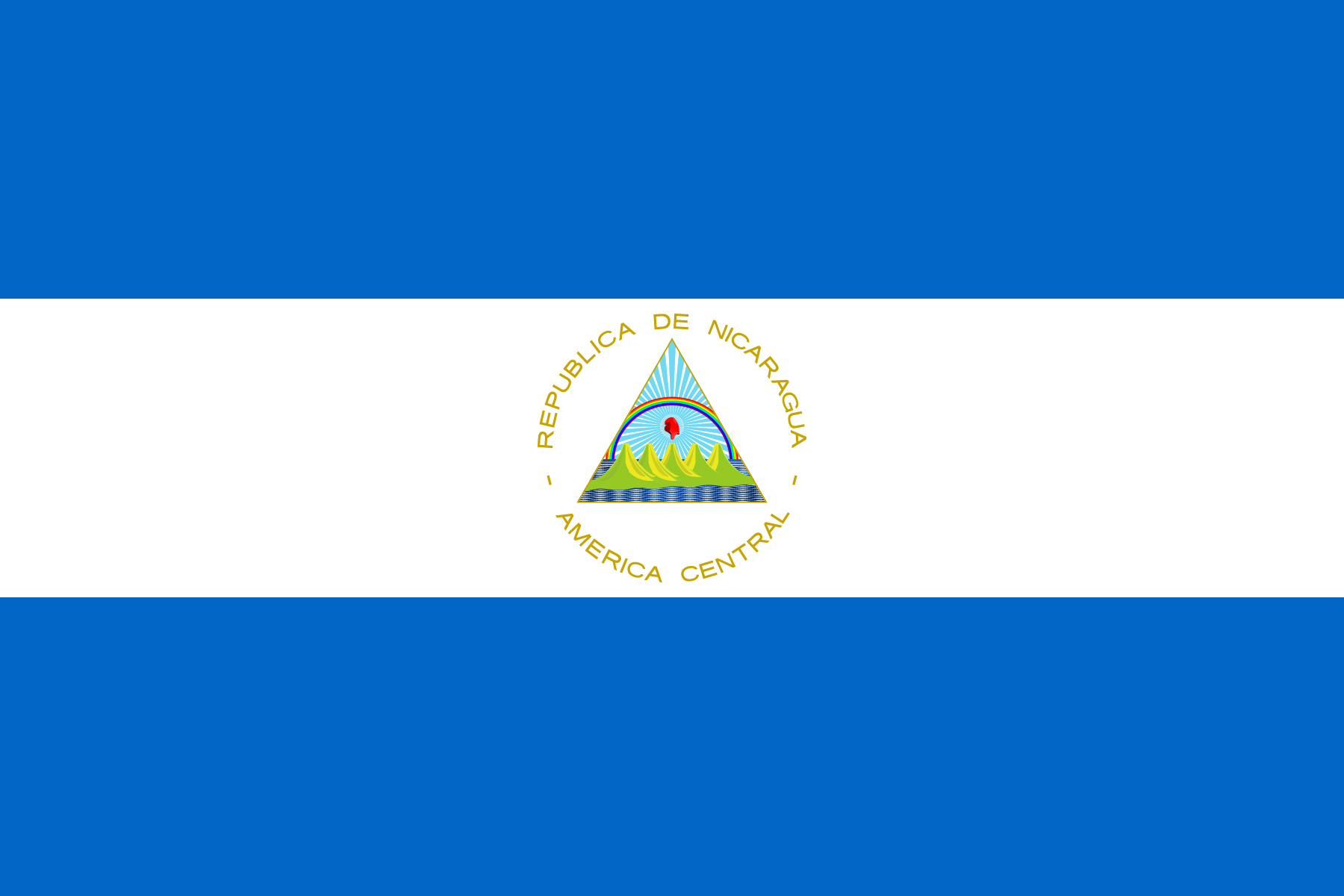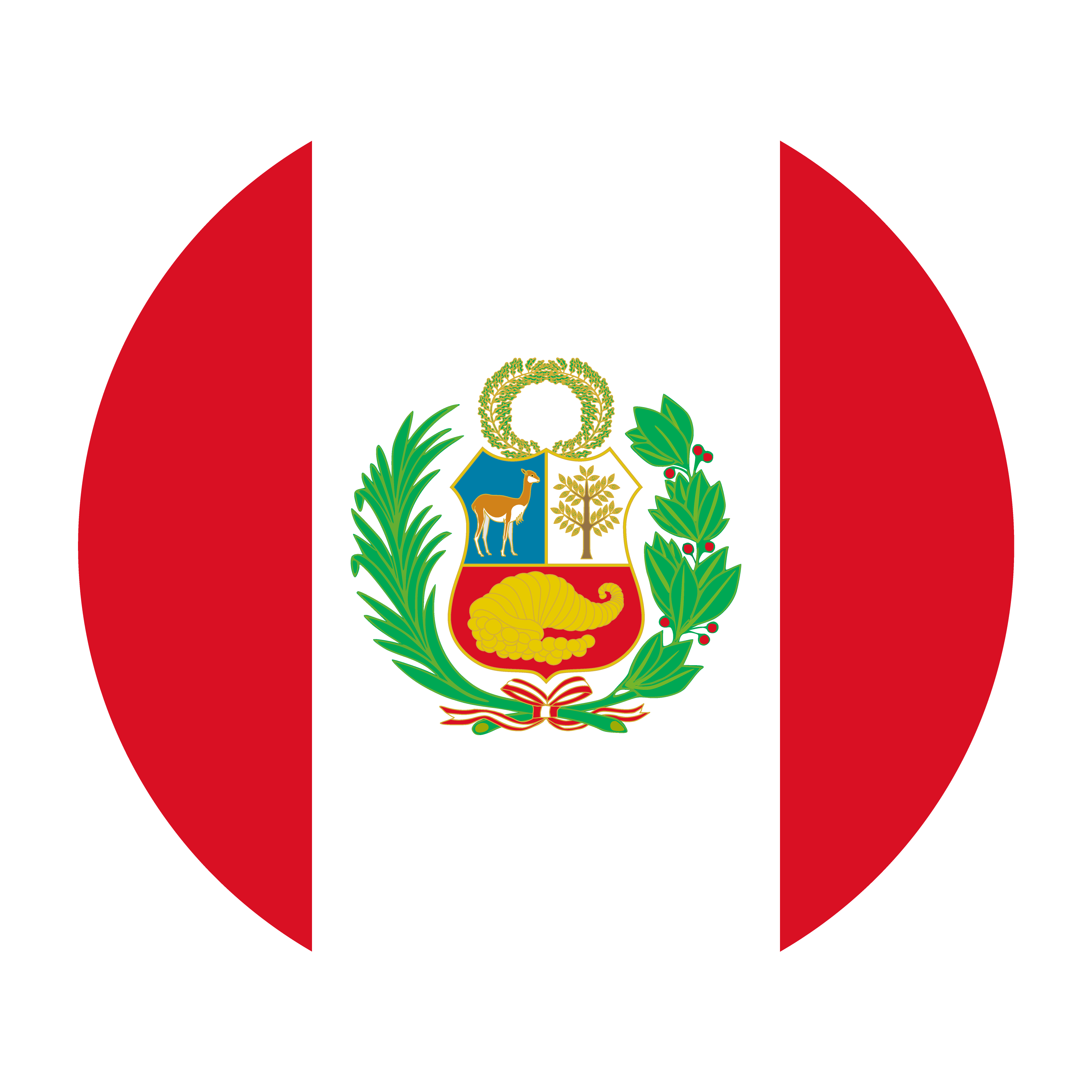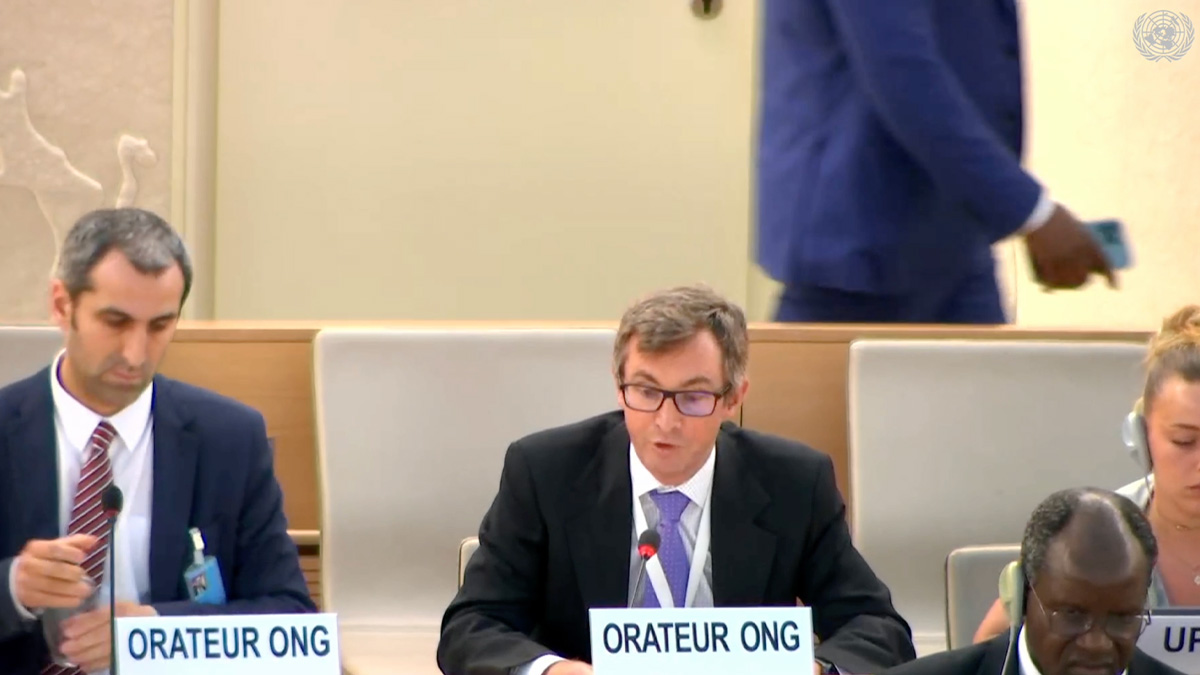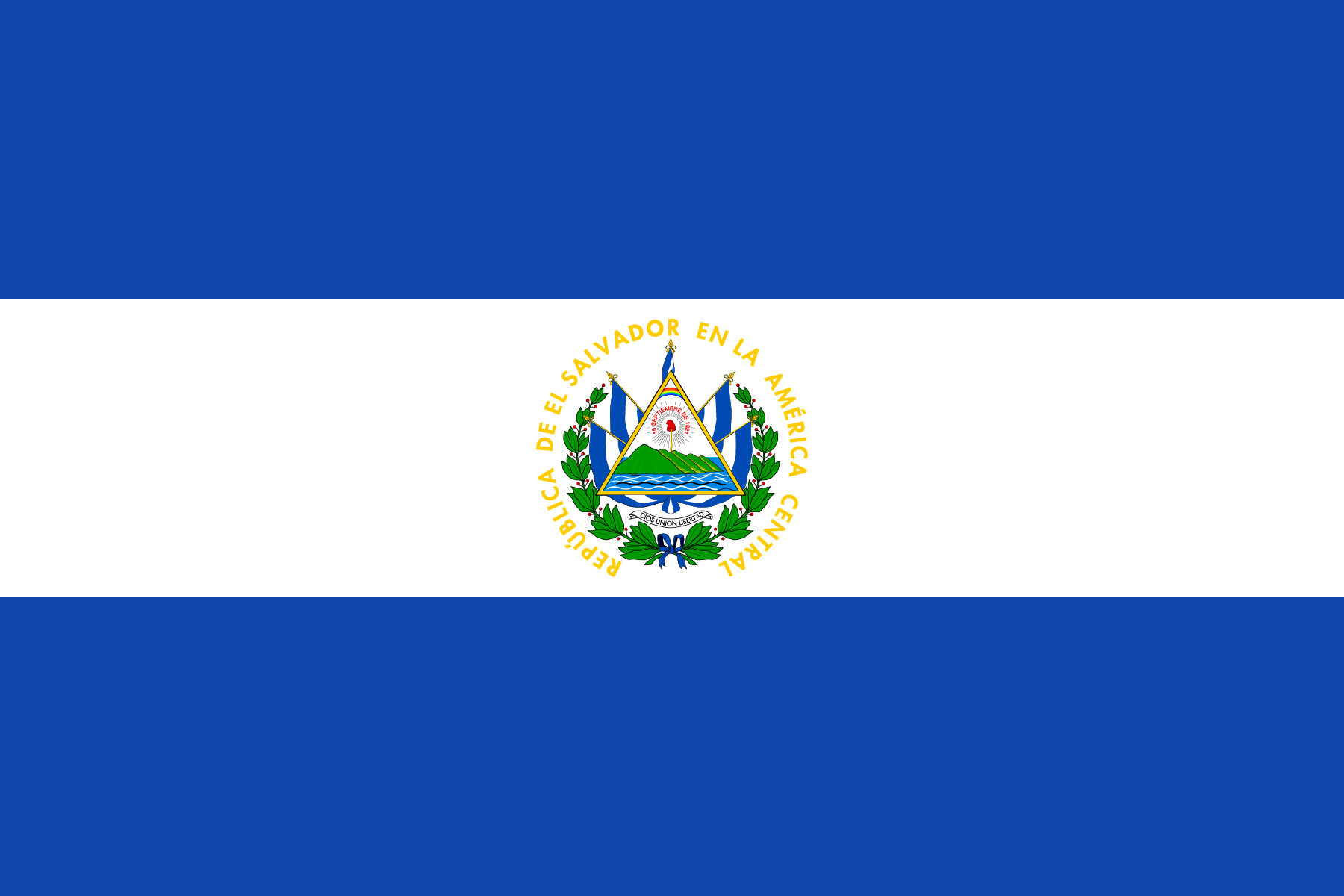
International community must protect Nicaraguan opponents exiled in Costa Rica
ISHR and the Colectivo 46/2 condemn the assassination of opposition leader Roberto Samcam Ruiz by the Nicaraguan Government.
Illustration: Peru flag

ISHR joins organisations from across Latin America and beyond in condemning the adoption of an 'anti-NGO' law in Peru that seriously threatens independent civil society in the country.
Read the joint letter published on 24 April 2025 below:
The undersigned organisations express our strongest condemnation of the enactment on 14 April 2025, without observation by the Executive Branch of Peru, of the law approved in Congress on 12 March, which represents a serious threat to the defense of human rights. Likewise, the approval of this law does not comply with Peru’s obligation to guarantee the rights of assembly, association, expression, defense of human rights of the members of civil society organisations, access to justice, and the right of victims to petition before an international body.
This regulation, which grants broad control powers to the Peruvian Agency for International Cooperation (APCI), imposes a system of prior authorisation on the activities of civil society organisations receiving international funding. Moving forward, these organisations must obtain the “prior approval” of the State to implement projects and activities, which subordinate their work to State authorisation and directly undermines their autonomy and independence.
Furthermore, the law purports that the alleged “improper use” of cooperation funds when used to provide advice, assistance or financing for administrative, judicial or other actions in national or international instances, and that question the Peruvian State, is a “very serious infraction.” In other words, any organisation legally representing or supporting individuals or communities affected by human rights violations by Peru could be sanctioned. In the case of a serious infraction, the APCI may impose disproportionate economic sanctions of up to 500 Tax Unitary Units (approximately US$720,000) and suspend or cancel the organisation’s registrations.
The enactment of this law is part of a troubling regional trend in the closing of civic spaces. Several governments have promoted regulations imposing disproportionate administrative and financial requirements on civic spaces. In addition to restricting funding, these regulations also grant broad control powers to State entities. In direct opposition of promoting transparency, these measures have been used as instruments of censorship and repression. Emblematic cases such as Nicaragua, where thousands of organisations have been outlawed since 2018; Venezuela, with the recent approval of a law granting the government broad powers to dissolve organisations; and Paraguay, with Law No. 7,363 of 2024, which imposes arbitrary restrictions on nonprofit entities, are examples of this trend. In this context, the recently enacted law in Peru adds to a dangerous regional shift that must be immediately addressed.
We reiterate our solidarity with the Peruvian organisations that see their existence and important work threatened as a result of this law. We make an urgent call to the international community, to the organs of the Inter-American system and the United Nations, and to the governments of the region to continue to speak out and act in the face of this serious regression. Protecting civic space is essential to guarantee the fundamental rights of all people in Latin America.
Signed by:

ISHR and the Colectivo 46/2 condemn the assassination of opposition leader Roberto Samcam Ruiz by the Nicaraguan Government.

In a statement at an interactive dialogue on the annual report of the High Commissioner, ISHR Executive Director Phil Lynch called on States to support the work of defenders and to pay their UN dues.

ISHR joins organisations from across Latin America and beyond in condemning the adoption of a 'Foreign Agents' law in El Salvador that seriously threatens independent civil society in the country.